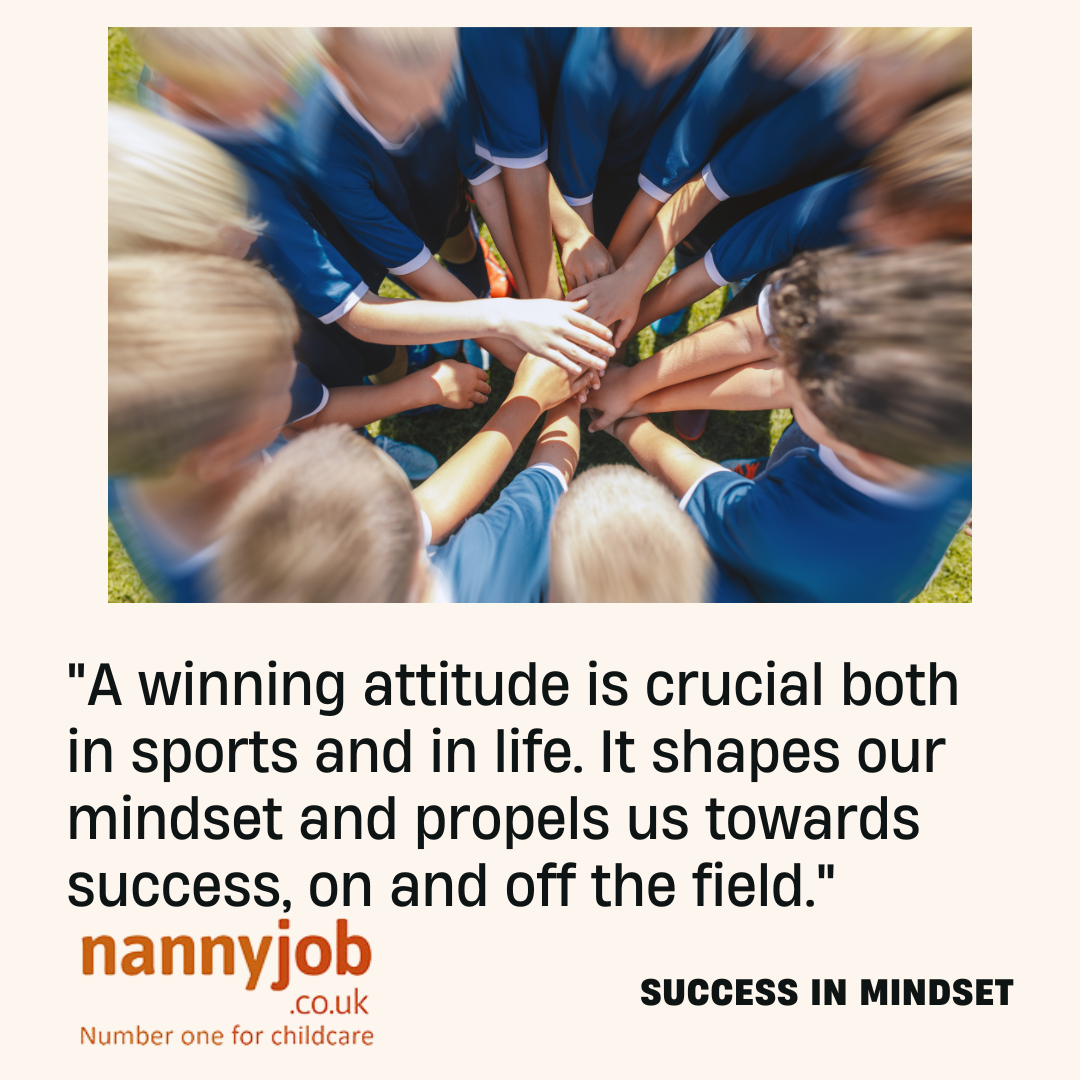Introduction
Gratitude is more than a simple “thank you.” It’s a powerful mindset and skill that can positively impact happiness, relationships, resilience, and overall well-being. Teaching children gratitude early in life can foster a positive outlook and set the stage for a lifetime of benefits. Here’s why gratitude is so valuable and how parents, nannies, and caregivers can help children embrace this enriching practice.
1. Why Gratitude Matters
Gratitude is the practice of focusing on what we have rather than what we lack. By appreciating the positives in life, we cultivate a sense of contentment and joy. Research shows that gratitude has several key benefits, including:
- Enhanced Mental Health: People who practice gratitude tend to have lower levels of stress and depression, as they can focus on positive aspects, even in challenging times.
- Stronger Relationships: Gratitude fosters empathy and compassion, helping children (and adults) build meaningful connections with others.
- Increased Resilience: Gratitude encourages a growth mindset, teaching children to view obstacles as learning opportunities and develop a resilient attitude.
- Improved Physical Health: Practicing gratitude can even lead to better sleep and increased energy levels, as it reduces stress and promotes a peaceful state of mind.
2. Making Gratitude a Habit
Just like any other skill, gratitude can be learned and practiced regularly. Here are some simple ways to incorporate gratitude into a child’s daily routine:
- Daily Gratitude Moments: Take a moment each day for everyone to share something they’re grateful for. This could be at dinner, bedtime, or during the morning routine. Making gratitude a daily habit allows children to reflect on the positive parts of their day, no matter how small.
- Create a Gratitude Jar or Journal: Set up a gratitude jar where children can add notes about things they’re thankful for. Alternatively, you can encourage them to keep a gratitude journal, where they write or draw something they’re grateful for each day. At the end of the week or month, go through the jar or journal together to reflect on all the good things.
- Thank You Notes: Encourage children to write thank you notes to friends, family members, or teachers. It can be a small note for a kind gesture, a gift, or simply to show appreciation. This activity helps children understand the importance of acknowledging others’ kindness and thoughtfulness.
- Model Gratitude: Children learn by watching the adults around them. Make it a point to express gratitude openly in your daily life. Say thank you for small acts of kindness and acknowledge the good things in your life aloud. Showing gratitude for even small things, like a sunny day or a warm meal, reinforces this habit.
3. Gratitude Games and Activities
Making gratitude fun can engage children in learning the skill. Try incorporating these simple activities into their day-to-day life:
- Gratitude Scavenger Hunt: Go on a gratitude scavenger hunt where children look for things they’re grateful for, either around the house or on a walk. For example, find something that makes them happy, something that makes them laugh, or something they enjoy seeing.
- Gratitude Circle: Sit in a circle and have each person say one thing they’re grateful for. You can keep going around the circle until everyone has shared a few things. This is an excellent activity for family gatherings or group settings.
- Gratitude Art: Have children draw or paint something they’re thankful for. This allows them to connect creatively with their gratitude and express it in a tangible form. You could create a “gratitude wall” at home where they can display their artwork.
4. Teaching Gratitude Beyond Material Things
It’s easy for children to feel grateful for gifts, toys, or treats, but true gratitude goes beyond material things. Encourage them to appreciate experiences, relationships, and qualities in others:
- Focus on Relationships: Encourage children to be grateful for the people in their lives. Ask questions like, “Who made you smile today?” or “Who was kind to you this week?” This helps them reflect on the value of meaningful relationships.
- Appreciate Experiences: Talk about fun or joyful moments, like a family outing, a story they enjoyed, or a special meal. Learning to appreciate these moments helps children recognize happiness outside of material possessions.
- Recognize Qualities in Themselves and Others: Encourage children to be thankful for their own strengths and talents, as well as qualities they admire in others. This fosters self-worth and an appreciation for others’ unique traits.
5. Benefits of Practicing Gratitude for Life
Helping children learn gratitude at an early age can have lifelong benefits. As they grow, they’ll be able to navigate challenges more positively, connect deeply with others, and enjoy a greater sense of well-being. Practicing gratitude equips children with a mindset that values appreciation and kindness, qualities that not only make life more fulfilling but also contribute to a happier, more compassionate world.
By nurturing gratitude in childhood, we lay the foundation for resilient, empathetic adults who approach life with a positive outlook. So, start small, be consistent, and enjoy the journey of growing grateful hearts.
Conclusion
Gratitude is a powerful skill that can bring happiness and resilience into every aspect of life. By encouraging daily gratitude, modeling it in our actions, and creating fun gratitude activities, we can help children develop this invaluable habit. Remember, a grateful heart is a joyful heart, and it’s a gift we can all pass on to the next generation.



